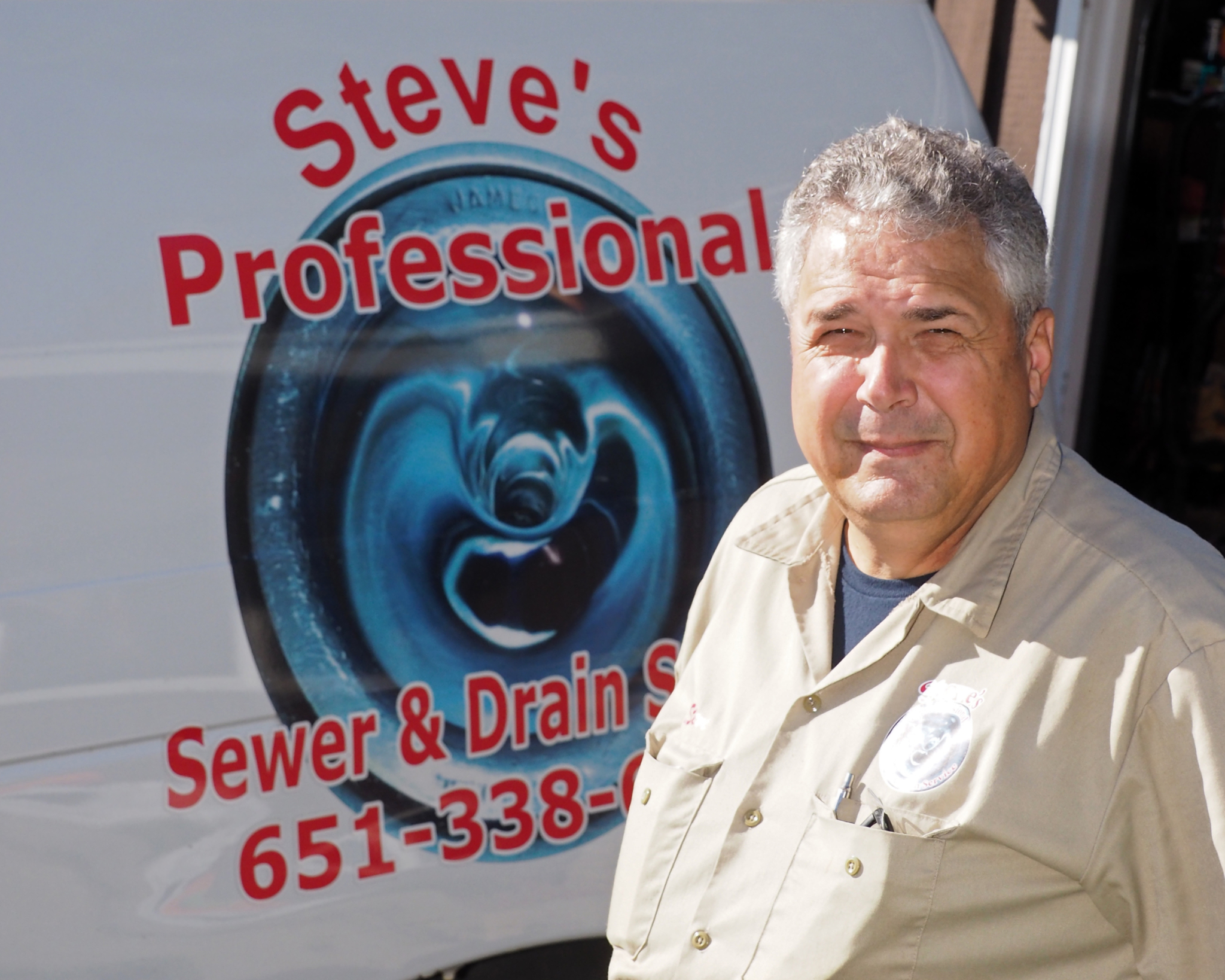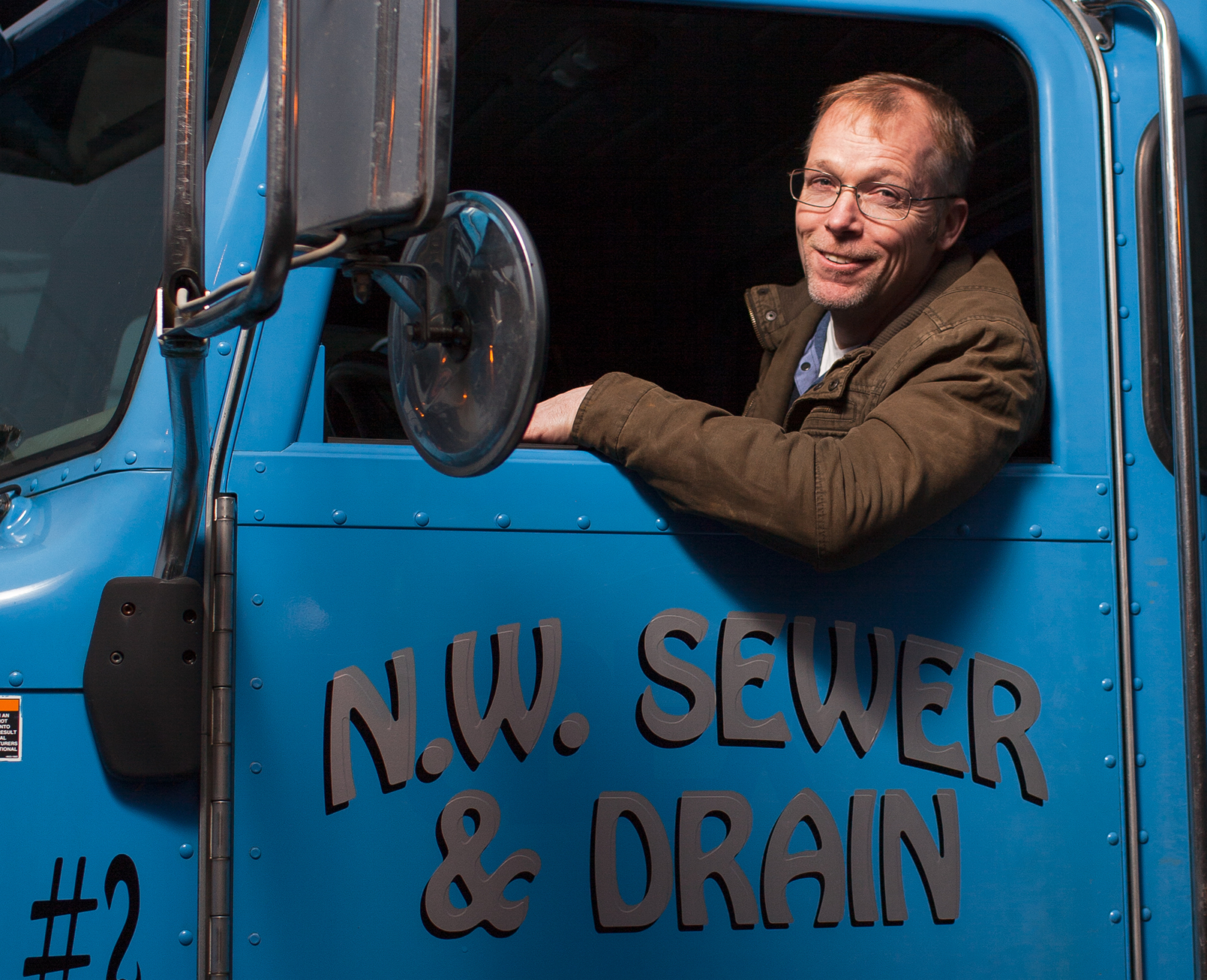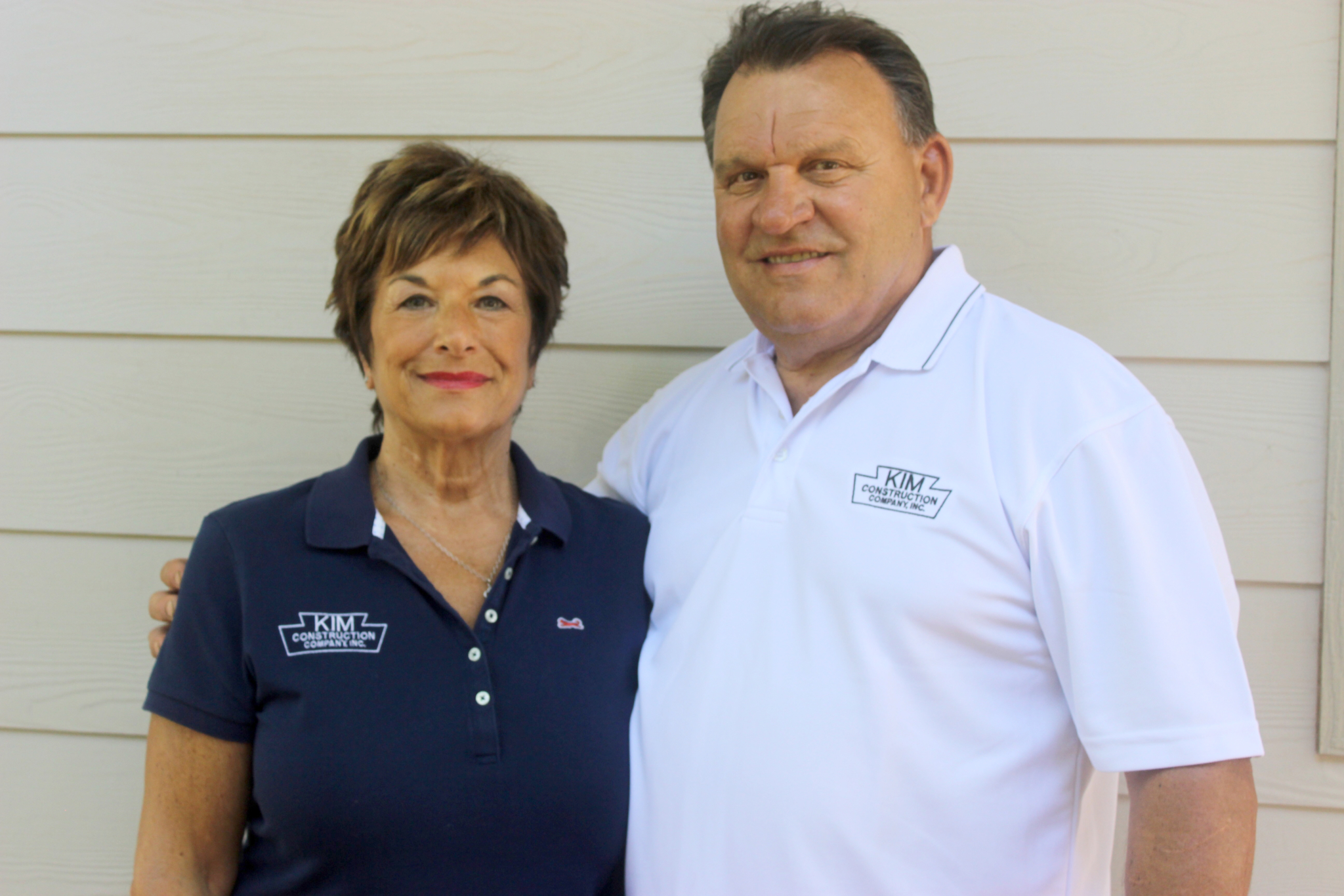As is typically the drill when the latter part of December arrives and a new year approaches, it’s time for some reflection. Here we reflect on some of the industry knowledge that has appeared in Cleaner magazine in 2017. A lot of contractors are featured in the magazine over the course of a year, and whether they have decades of experience or are still fairly new to the industry, there is often something to learn from their experiences:
“Customers always tell you that so-and-so will do the job for less. But more often than not, that guy can’t get there for two or three weeks. So I tell those customers to go ahead and use him. I’m a professional, and the low-ballers are usually doing it on the side. I tell customers that I need to cover my overhead and also mention that they’re paying for my training and expertise.” — Steve Nerheim, owner of Steve’s Professional Sewer & Drain Service in New Brighton, Minnesota, on how he handles it when customers question the cost of service
“When I go out to a job, I have a toolbox of all those technologies at my disposal, so I don’t go in and always say, ‘We will reline this.’ It is sometimes not in the best interest of the customer. I always ask, ‘What is the best interest of this customer? What do we want to accomplish and what is the problem?’ Oftentimes the referring plumber will tell us what the customer needs, but we go out and find he doesn’t need to spend that much money on the job. Would a complete job be good? Yes. Would a simpler solution help solve an immediate problem? Sometimes it will. We want to treat the customer as we would a family member or a good friend.” — Rick Hedge, owner of The Plumber’s Plumber in Fort Myers, Florida, on the approach he takes with customers’ problems
“There’s nothing wrong with disagreeing. We encourage debate. People are passionate about their opinions and we want that. But families are more prone to attack each other personally because we know how to press each other’s buttons. So it’s important to remain respectful.” — Chris Larson, co-owner of C&L Water Solutions in Littleton, Colorado, on mixing family and business
“Having satisfied customers is huge. You cannot please everyone, but it is critical to deal with an unhappy customer in the best way you possibly can to avoid criticism online. I recently had a complaint from a customer, although I had provided a copy of the video inside the sewer pipe, provided a map of where it was and how deep it was. He was still not happy. Protecting the reputation is so important. We worked out a solution. That was fortunate.” — Spencer Chynoweth, owner of N.W. Sewer & Drain in Marysville, Washington, on the importance of protecting reputation
“The truth of the matter is if you have a new customer and you have to call them and say, ‘Sorry, our truck broke down,’ they won’t give you a second chance — you won’t get invited to the party again. Instead, they’ll just go down the list and the next guy up is going to get the chance to form that new customer relationship.” — Jacob Sabin, owner of Greenfield Services in Puyallup, Washington, on how equipment maintenance ties into customer retention
“I use it as a means of demonstrating to a customer while on a job the benefits of hydrojetting and how their drain system works. I also used it to assist with internet presence in general, being that Google owns YouTube. I uploaded various videos of ‘before’ and ‘after’ jetting along with one demonstrating trenchless pipe bursting technology, and one where we found and retrieved a customer’s wedding ring. Being it was free, I saw no reason I shouldn’t use it to help promote my company in the future.” — Austin Taylor, owner of Dynamic Drains of Texas in Brenham, Texas, on using videos as a marketing tool
“I decided the problem was my attitude. So I actually hung a board up in our office and I assigned one person to rank my attitude every day based on what everyone else said. The first day they gauged my attitude at a 6, and one of the guys said, ‘If you’d have done this last year you’d have been at a 0 every day.’ It took me a matter of two days to change my attitude and how I treat my people. I treat them with the utmost respect. My attitude, they say it hovers around a 9 every day. And since then, my business has been growing double every year. It’s been two years and I’ve gone from three to six to now 14 employees. If your business isn’t growing or you’re losing employees, your leadership ability is not there. It applies to every business, every organization. Your business will not outgrow your leadership capabilities.” — Doyle Parsons, owner of Parsons Plumbing, Heating & Cooling in Ball, Louisiana, on employee relations
“You can look at different websites and they all pretty much look the same — mainly just a bunch of words. But with social media, you can post pictures and tell little stories about what you’re doing. We still use our website as a place for customers to get technical information. But for marketing, it’s all about social media. People can see the actual jobs you’re doing and the equipment you’re using, and it’s all in real time. They learn more about your company that way than via our website. That’s why I’ve blown up my company on social media. Engineers and municipal officials can see everything we do. There’s an immediacy to it because you can post things right away in real time. You can’t really flood a website with photos, but you can flood social media with photos.” — Nick Patrick, owner of Trenchless Pipe Repairs in Sumner, Washington, on the use of social media
“When we’d see new applications, we seized the moment, but we always stayed within the manhole rehabilitation market. We’d found our little niche in the industry. We felt comfortable and knew the work, plus we had established good relationships with contractors, engineers and municipalities. A lot of companies want to have a million different divisions. But we’d rather be great in one division than be average in many divisions and have complaints in workmanship. We’d lose customers and eventually we’d also lose great employees.” — Kim and Lawrence Vallow, owners of Kim Construction Company in Steger Illinois, on why it can be beneficial to maintain a niche market service offering














